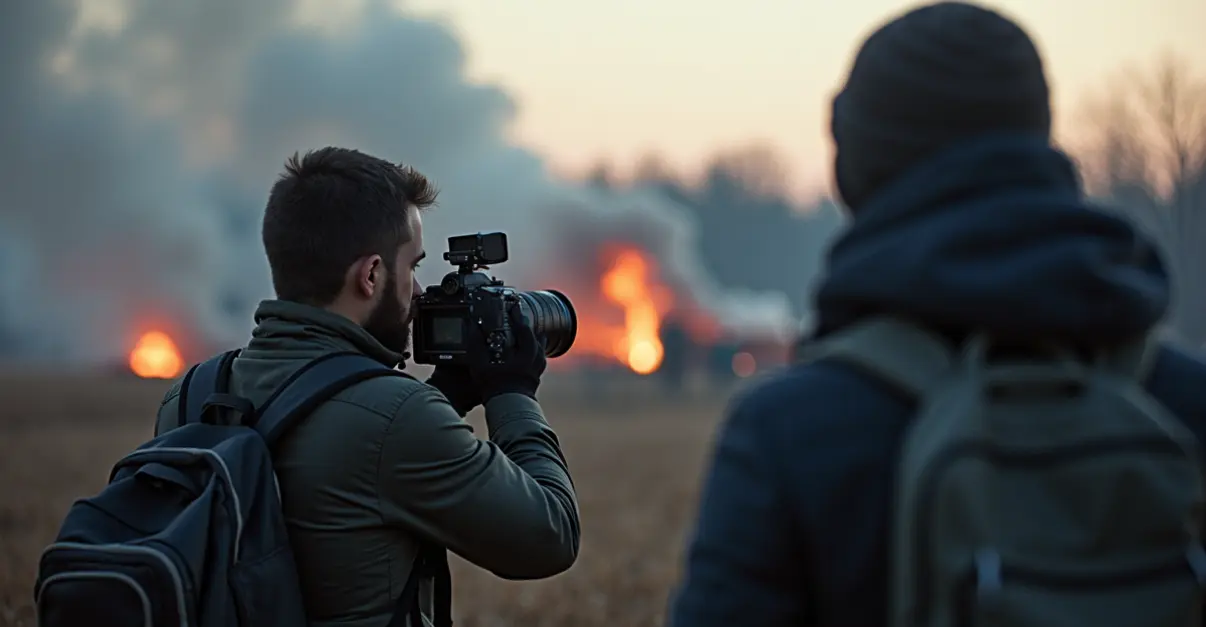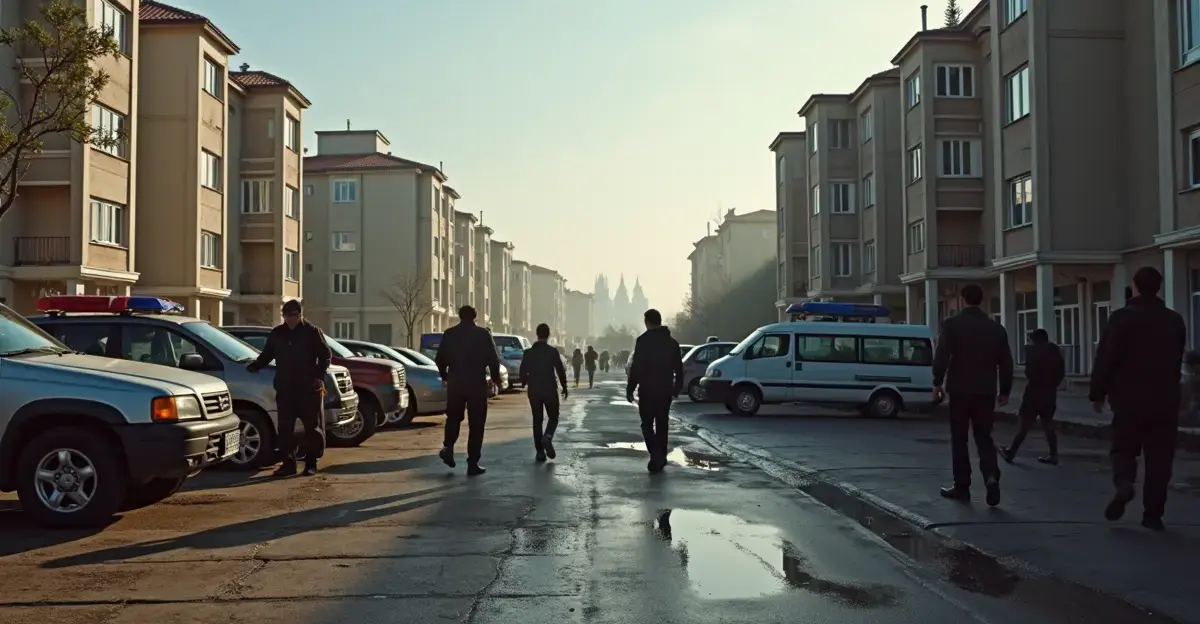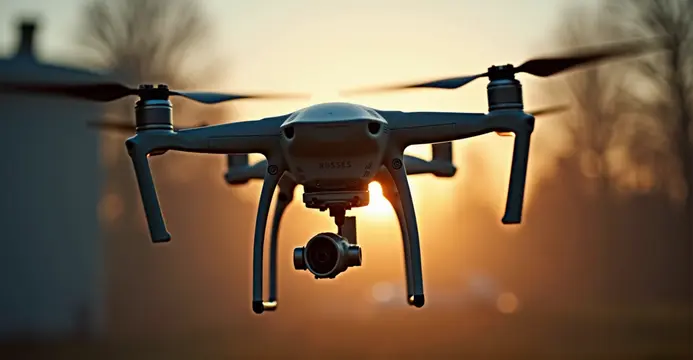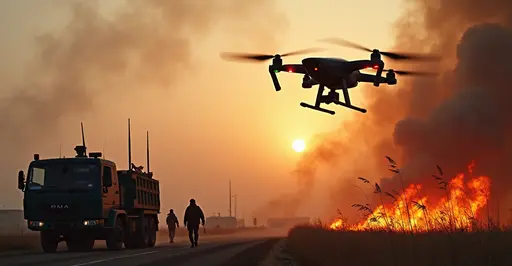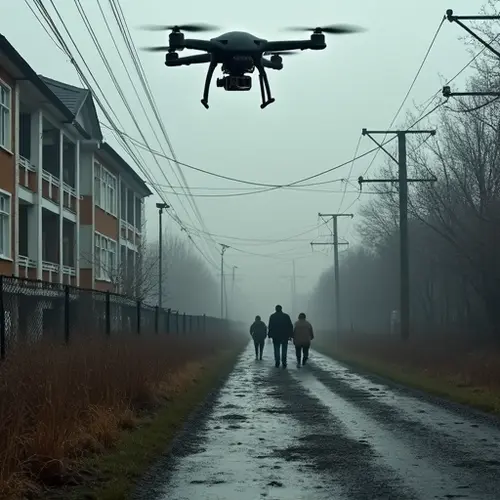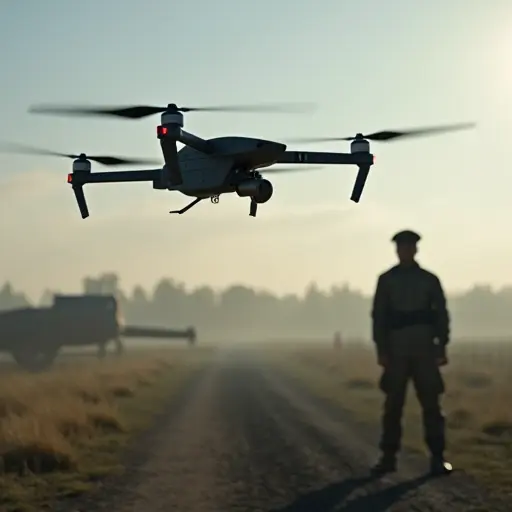Two Ukrainian Journalists Killed in Targeted Drone Attack
Two Ukrainian journalists were killed in a Russian drone attack on the city of Kramatorsk on October 23, 2025. The victims were identified as journalist Olena Hubanova and cameraman Yevhen Karmazin from the Russian-language TV channel Freedom, which receives state subsidies from Ukraine. A third journalist, Oleksandr Kolitsjev, was wounded in the attack.
According to the channel, the journalists were sitting in their car at a gas station when they were hit by a Lancet drone, as confirmed by Donetsk Regional Governor Vadym Filashkin. The Lancet is an expensive and powerful drone typically deployed against tanks and armored vehicles, making this attack particularly concerning for its use against journalists.
Dutch Connections and Documentary Work
The journalists had regularly collaborated with Dutch humanitarian workers Franky van Hintum and Coen van Oosten, who have been traveling to the front lines with their french fry stand for years to distribute food. Karmazin filmed the documentary Patatje Oorlog, which recently aired, and created videos for their YouTube channel.
Van Hintum and Van Oosten responded to the news with devastation on social media, stating: 'We can hardly put into words how great our grief is.' They described the victims as their friends with whom they had daily contact. 'We have shared so many intense, but also beautiful moments together.'
The Dutch duo added: 'We honestly don't know how to move forward now. But one thing is certain: we will not give up.'
International Condemnation and War Crimes Accusations
Ukrainian President Volodymyr Zelensky condemned the attack, stating: 'These are not accidents or mistakes, but a deliberate Russian strategy to silence all independent voices reporting on Russian war crimes in Ukraine.' Human rights ombudsman Dmytro Lubinets called it 'further evidence of Russia's systemic war crimes against civilians.'
Since the beginning of the war in Ukraine in 2022, at least twenty journalists have been killed. Earlier this month, a French photojournalist lost his life in a drone attack south of Kramatorsk, with his Ukrainian colleague seriously injured. According to the European Federation of Journalists, the Frenchman was the first journalist in Ukraine to be killed by a drone.
Zaporizhzhia Nuclear Plant Regains Power
Meanwhile, the International Atomic Energy Agency (IAEA) reported that the Zaporizhzhia nuclear power plant is regaining power after a key power cable was repaired. Europe's largest nuclear plant had been cut off from the power grid for a month due to damaged energy cables and had been relying on emergency generators - something that hadn't happened before during the war. The atomic watchdog IAEA had expressed serious concerns about safety.
The Zaporizhzhia plant was captured by Russia shortly after the war began. The six reactors were shut down and haven't generated electricity since. Ukrainian staff were forced to keep the reactors cool. The last of three power cables to the plant itself went out of service at the end of last month due to attacks.
The IAEA reported that repair work on the power supply was possible due to a local ceasefire. The heaviest high-voltage cable has now been restored, with work continuing on the other two.
Prisoner Exchange Agreement
Additionally, Russia and Ukraine have agreed to another exchange of bodies of fallen soldiers. According to the Ukrainian coordinator for prisoners of war, one thousand bodies have been returned to Ukraine. Russian TV channel RBC reports that Russia received 31 bodies in return.

 Nederlands
Nederlands
 English
English
 Deutsch
Deutsch
 Français
Français
 Español
Español
 Português
Português
